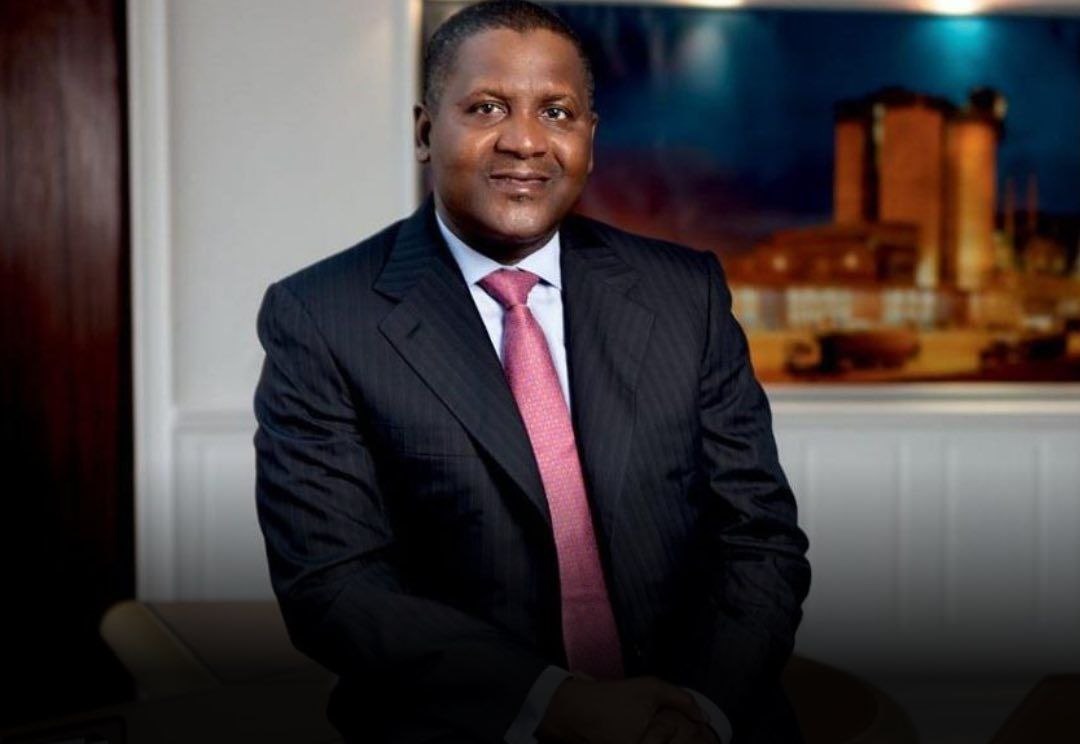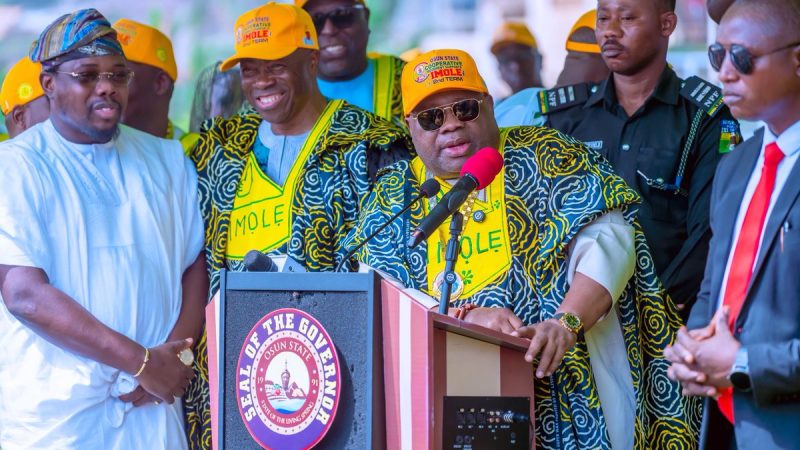Nigeria’s struggle with persistent fuel queues spanning nearly five decades has finally come to an end, according to billionaire industrialist and President/Chief Executive of Dangote Petroleum Refinery, Aliko Dangote.
Speaking in Lagos at a conference commemorating the first anniversary of petrol production at the 650,000 barrels-per-day refinery, Dangote said Nigerians are now “witnessing a new era” following the plant’s successful rollout of Premium Motor Spirit (PMS) on September 15, 2024.
“We have been battling fuel queues since 1975, but today Nigerians are witnessing a new era,” Dangote declared.
Reflecting on the journey, Dangote disclosed that the project carried enormous risks, with warnings from global experts and financiers who argued that only sovereign governments could undertake ventures of such magnitude.
“The decision to build the refinery was not easy. If it had gone wrong, lenders would have taken our assets. But we believed in Nigeria and Africa,” he said.
Despite skepticism, opposition, and economic headwinds, the refinery has reduced petrol prices from nearly N1,100 per litre before production began to N841 across parts of the South West, Abuja, Delta, Rivers, Edo, and Kwara States.
He added that the deployment of 4,000 CNG-powered trucks would soon make the price relief nationwide.
Between June and early September 2025, the refinery exported over 1.1 billion litres of PMS, demonstrating its ability to meet local demand while also generating foreign exchange.
Dangote dismissed concerns about job displacement, insisting that the refinery is creating new employment opportunities across the country. The rollout of CNG trucks alone is expected to generate 24,000 jobs, including roles for drivers, mechanics, fleet managers, and support staff.
“Our employees earn salaries three times the minimum wage. Drivers get a living wage, life insurance, health insurance for their families, and a lifelong pension. We have not displaced jobs; we are creating more,” he said.
He further underscored the refinery’s contribution to Nigeria’s industrialisation, urging the government to discourage dumping of foreign goods and protect local industries. “Relying on imports means exporting jobs and importing poverty,” Dangote warned, citing the collapse of Nigeria’s textile industry as an example.
Dangote announced plans to expand the refinery’s capacity to 700,000 barrels per day in its second year of operation. He also revealed ambitions to make Nigeria Africa’s refining hub and the world’s leading producer of fertiliser and polypropylene.
“Nigeria has now become the refining hub of Africa,” he said. “These initiatives will generate substantial foreign exchange, create employment, and stimulate growth in other sectors.”
He reiterated that the refinery would not enter the retail petrol market, despite opportunities to acquire filling stations, and stressed the need for collaboration among downstream stakeholders.
Dangote expressed gratitude to the Federal Government, industry regulators, and the Independent Petroleum Marketers Association of Nigeria (IPMAN), which he said has been instrumental in mobilising marketers for the CNG distribution initiative.
He also showcased some of the newly deployed CNG trucks already loading products from the refinery and assured that security concerns had been addressed with full support from the country’s security agencies.
“The refinery is not just about fuel; it’s about building a stronger economy, creating jobs, and positioning Nigeria as an industrial leader,” Dangote concluded.





